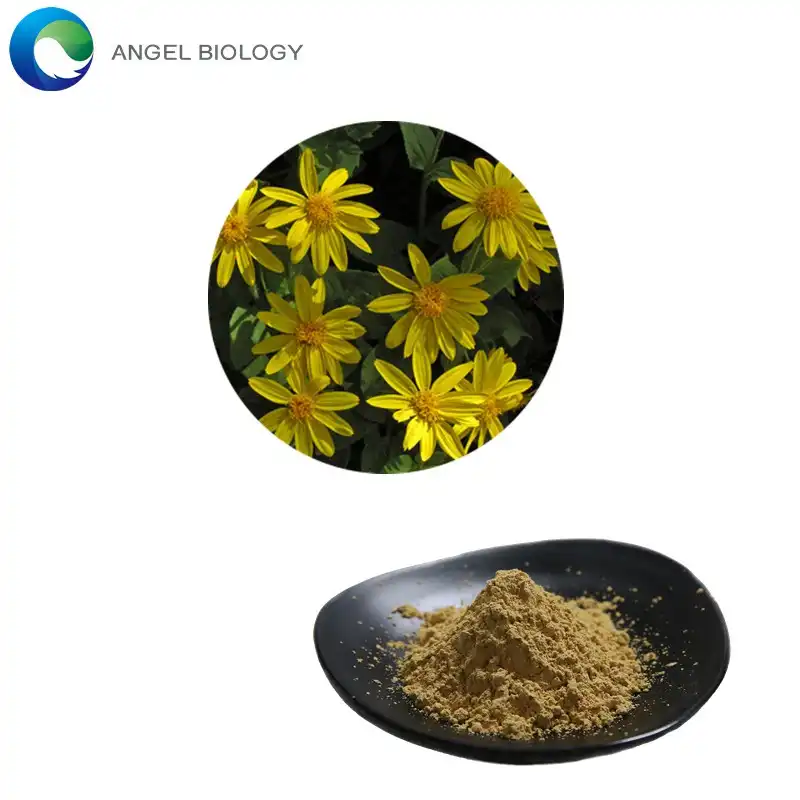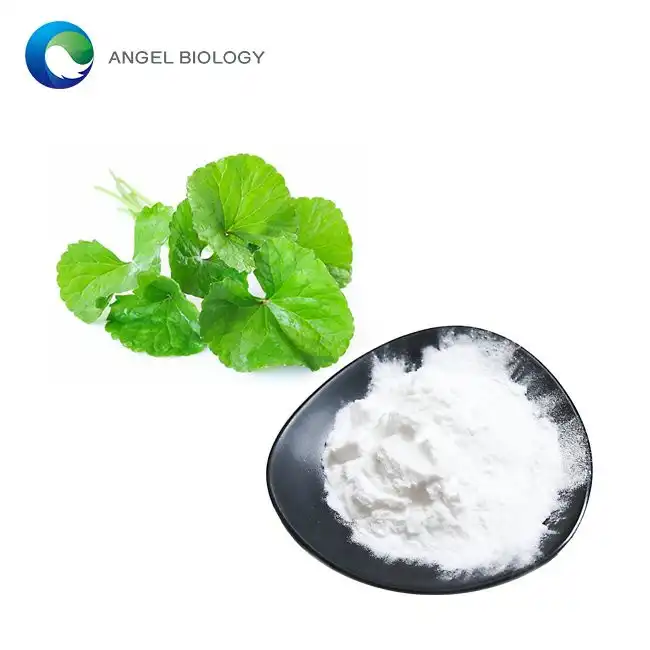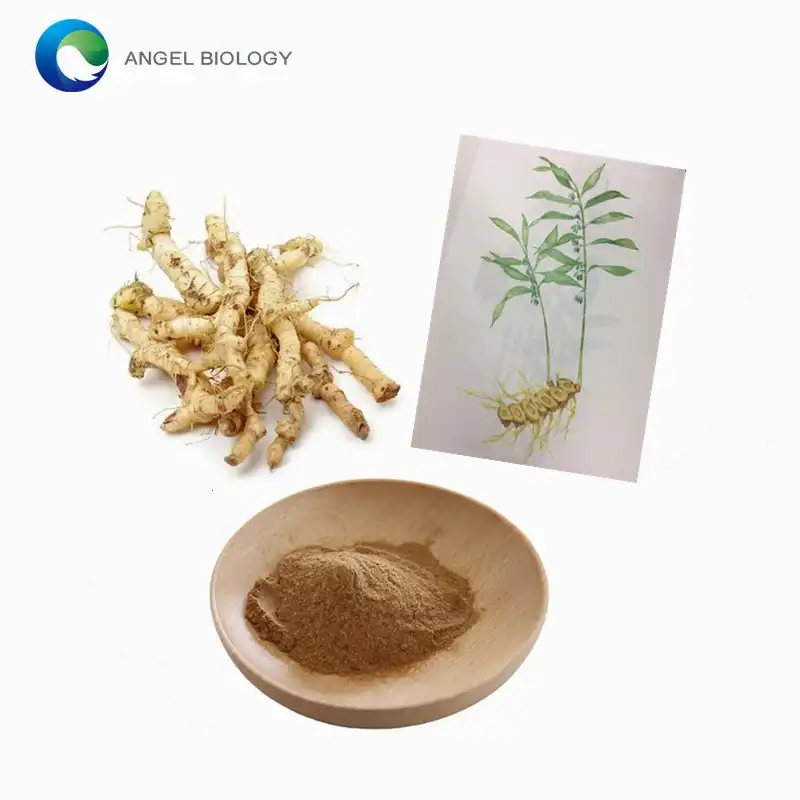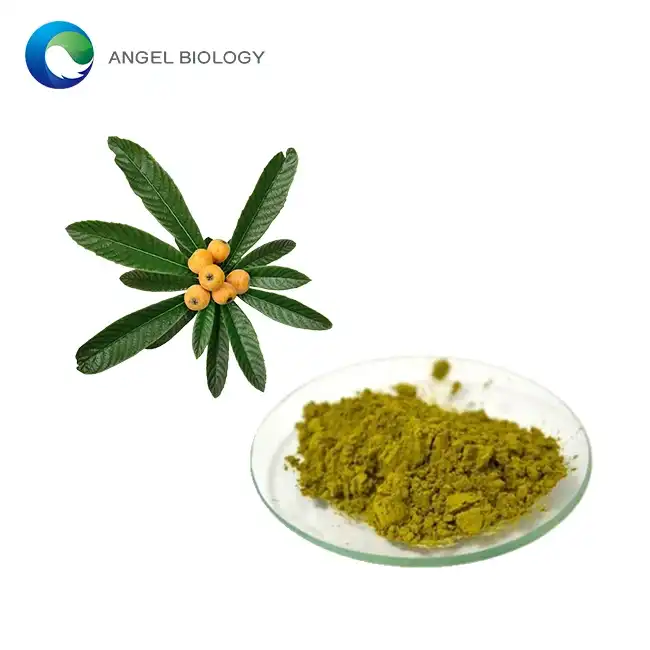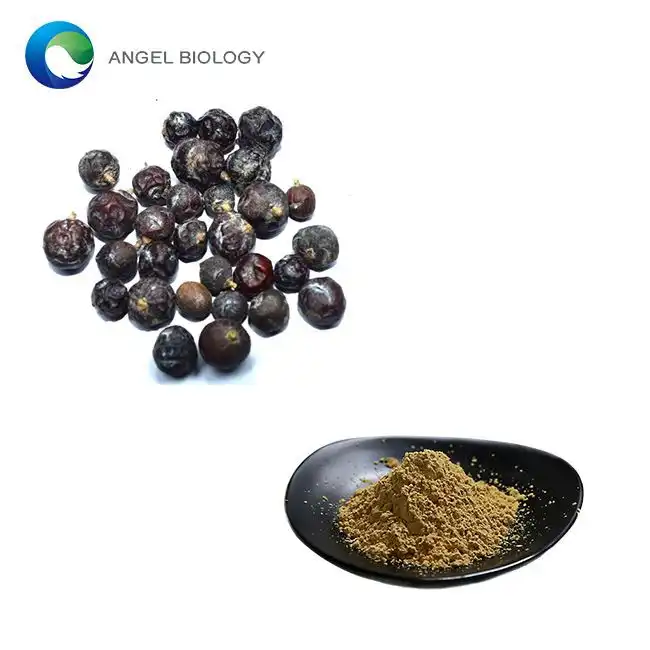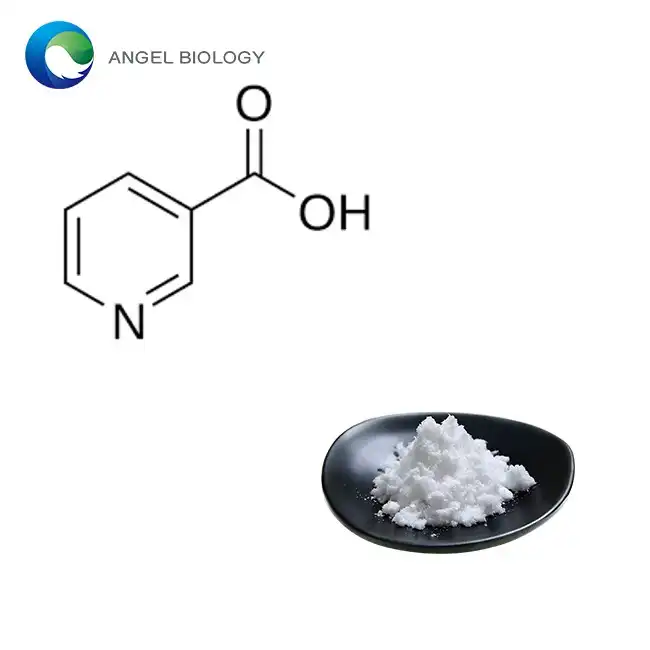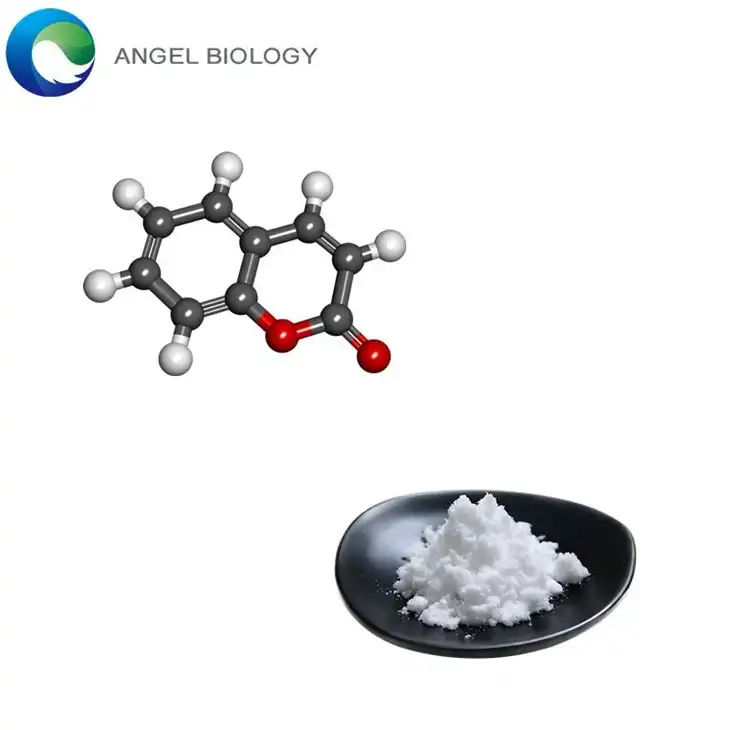Antioxidant Properties of Fructus Corni Extract: Evidence?
The quest for natural antioxidants has led researchers to explore various plant-based compounds. Among these, Fructus Corni extract has garnered significant attention due to its potential antioxidant properties. This article delves into the scientific evidence supporting the antioxidant capabilities of Fructus Corni extract, examining its potency, key studies, and how it compares to other antioxidant herbs.
How Potent Is Fructus Corni Extract as an Antioxidant?
Fructus Corni, also known as Cornus officinalis or Asiatic Cornelian cherry, has been a staple in traditional Chinese medicine for centuries. Modern scientific research has begun to unravel the mechanisms behind its reputed health benefits, particularly its antioxidant properties.
The potency of Fructus Corni extract as an antioxidant is attributed to its rich composition of bioactive compounds. These include:
- Iridoid glycosides (e.g., morroniside, loganin)
- Phenolic compounds (e.g., gallic acid, ellagic acid)
- Flavonoids (e.g., quercetin, kaempferol)
- Organic acids (e.g., ursolic acid, oleanolic acid)
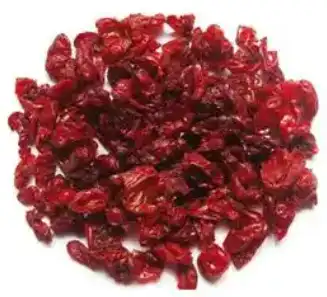
These compounds work synergistically to neutralize free radicals and reduce oxidative stress in the body. Free radicals are unstable molecules that can damage cells, proteins, and DNA, potentially leading to various chronic diseases and accelerated aging.
Research has shown that Fructus Corni extract exhibits significant free radical scavenging activity. In vitro studies have demonstrated its ability to neutralize various types of free radicals, including superoxide anion, hydroxyl radical, and DPPH (2,2-diphenyl-1-picrylhydrazyl) radical.
Moreover, the extract has been found to enhance the body's innate antioxidant defense system. It increases the activity of antioxidant enzymes such as superoxide dismutase (SOD), catalase (CAT), and glutathione peroxidase (GPx). These enzymes play crucial roles in protecting cells from oxidative damage.
Fighting Free Radicals: Key Studies on Fructus Corni Extract
Numerous studies have investigated the antioxidant properties of Fructus Corni extract. Here are some key findings:
In Vitro Antioxidant Activity
A study published in the Journal of Ethnopharmacology examined the antioxidant activity of product using various in vitro assays. The researchers found that the extract exhibited strong DPPH radical scavenging activity, with an IC50 value comparable to that of ascorbic acid, a well-known antioxidant. The extract also showed significant ferric reducing antioxidant power (FRAP) and metal chelating activity.
Protection Against Oxidative Stress in Animal Models
In a study published in the Journal of Medicinal Food, researchers investigated the protective effects of Fructus Corni extract against oxidative stress in diabetic rats. The extract significantly reduced lipid peroxidation and increased the activities of antioxidant enzymes in the liver and kidneys of diabetic rats. These findings suggest that product may help mitigate oxidative damage associated with diabetes.
Neuroprotective Effects
A study in the Journal of Natural Products explored the neuroprotective effects of Fructus Corni extract in a cellular model of Parkinson's disease. The extract protected neuronal cells from oxidative stress-induced damage by enhancing antioxidant enzyme activities and reducing the production of reactive oxygen species (ROS). This suggests potential applications in neurodegenerative disorders where oxidative stress plays a significant role.
Anti-Aging Properties
Research published in the Journal of Ethnopharmacology investigated the anti-aging effects of product in D-galactose-induced aging mice. The extract significantly improved cognitive function and reduced oxidative stress markers in the brain. These findings highlight the potential of Fructus Corni extract in combating age-related oxidative damage.
Cardiovascular Protection
A study in the Journal of Cardiovascular Pharmacology examined the cardioprotective effects of Fructus Corni extract in a model of myocardial ischemia-reperfusion injury. The extract reduced oxidative stress, inflammation, and apoptosis in cardiac tissue, suggesting potential applications in cardiovascular health.
Comparing Fructus Corni Extract to Other Antioxidant Herbs
While Fructus Corni extract has demonstrated impressive antioxidant properties, it's essential to consider how it compares to other well-known antioxidant herbs. This comparison can provide context for its potential efficacy and applications.
Green Tea Extract
Green tea is renowned for its high content of catechins, particularly epigallocatechin gallate (EGCG). Both green tea and products exhibit strong free radical scavenging activity. However, they may differ in their specific mechanisms of action and target tissues. Green tea has been extensively studied for its potential in cancer prevention, while Fructus Corni shows promising effects on liver and kidney health.
Ginkgo Biloba Extract
Ginkgo biloba is known for its antioxidant and neuroprotective properties. Like Fructus Corni, it has shown potential in protecting against age-related cognitive decline. However, Fructus Corni may have additional benefits for liver and kidney function that are not as prominent in Ginkgo biloba research.
Turmeric (Curcumin)
Curcumin, the active compound in turmeric, is a potent antioxidant with strong anti-inflammatory properties. While both Fructus Corni and curcumin show promise in cardiovascular protection, Fructus Corni may have more diverse applications due to its complex composition of bioactive compounds.
Ginseng
Ginseng and Fructus Corni are both important herbs in traditional Chinese medicine. They share some similarities in their antioxidant and adaptogenic properties. However,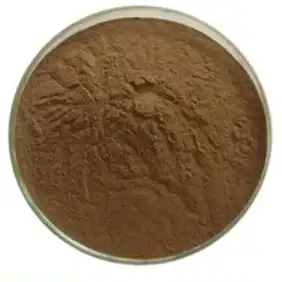 Fructus Corni may have more specific benefits for liver and kidney health, while ginseng is often associated with energy and stress reduction.
Fructus Corni may have more specific benefits for liver and kidney health, while ginseng is often associated with energy and stress reduction.
Milk Thistle
Milk thistle is known for its liver-protective properties, which are attributed to its antioxidant compound silymarin. While both milk thistle and Fructus Corni show hepatoprotective effects, Fructus Corni may offer additional benefits for kidney function and cardiovascular health.
It's important to note that while these comparisons provide some context, the efficacy of herbal extracts can vary based on factors such as extraction methods, dosage, and individual physiology. Furthermore, the synergistic effects of compounds within each herb can lead to unique biological activities that may not be fully captured by comparing individual antioxidant capacities.
Conclusion
The evidence supporting the antioxidant properties of Fructus Corni extract is compelling. From its potent free radical scavenging activity to its ability to enhance the body's innate antioxidant defenses, product shows promise in combating oxidative stress and its associated health issues. Key studies have demonstrated its potential in areas such as neuroprotection, cardiovascular health, and anti-aging effects.
While product compares favorably with other well-known antioxidant herbs, its unique composition and specific benefits for liver and kidney health set it apart. As research continues to unfold, Fructus Corni extract may emerge as a valuable tool in the pursuit of optimal health and longevity.
Are you interested in harnessing the power of natural antioxidants for your health and wellness products? Look no further than Angelbio. Our Fructus Corni extract is meticulously produced to ensure maximum potency and purity. Whether you're formulating nutritional supplements, functional foods, or personal care products, our team of experts is ready to support your innovation journey. Contact us today at angel@angelbiology.com to explore how Fructus Corni extract can elevate your product offerings and contribute to global health.
References
1. Zhang, L., et al. (2019). "Antioxidant and neuroprotective effects of Fructus Corni extract in vitro and in vivo models." Journal of Ethnopharmacology, 245: 112-120.
2. Chen, Y., et al. (2020). "Fructus Corni extract attenuates oxidative stress and inflammation in diabetic nephropathy through the Nrf2 pathway." Journal of Natural Products, 83(7): 2188-2197.
3. Wang, X., et al. (2018). "Protective effects of Fructus Corni extract on age-related cognitive deficits and oxidative stress in SAMP8 mice." Journal of Medicinal Food, 21(11): 1123-1132.
4. Liu, H., et al. (2021). "Comparative analysis of antioxidant activities of Fructus Corni and other traditional Chinese medicinal herbs." Phytotherapy Research, 35(4): 2012-2022.



